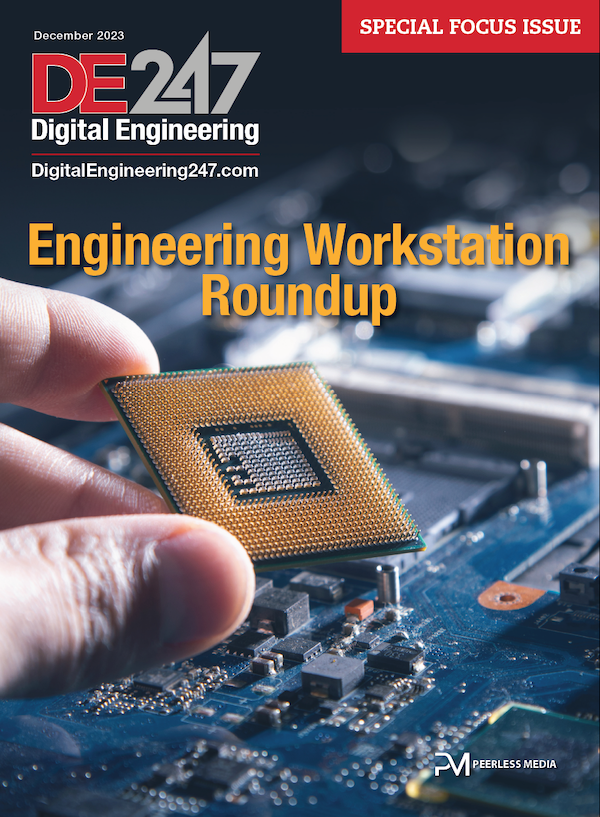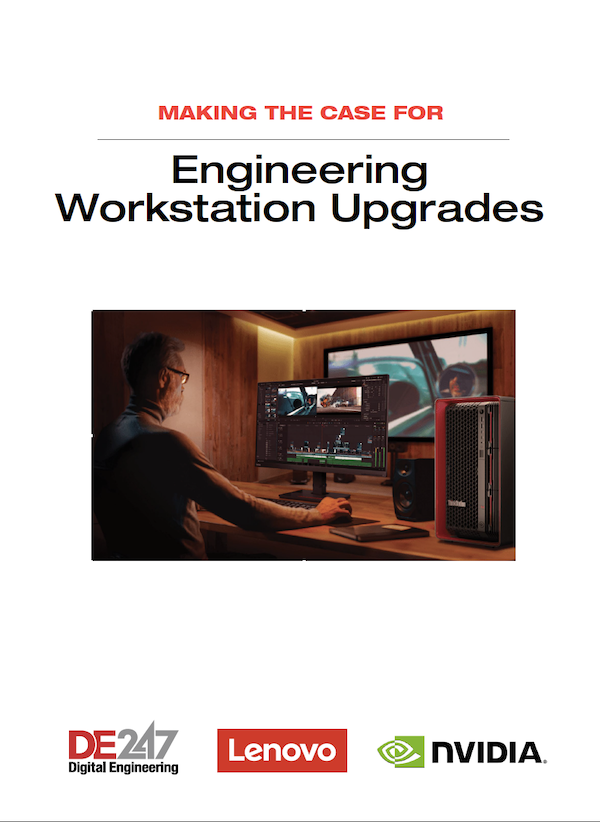The AI PC Takes Center Stage at Dell Technologies World
Company outlines the future of PCs, data centers as more companies adopt on-prem AI.

Michael Dell delivering his keynote at Dell Technologies World in May 2024.
Latest News
June 5, 2024
Artificial Intelligence has been the focus of several large computing events, including the recent NVIDIA GTC conference and Computex 2024. While a lot of the news has focused on the new processors and servers needed to support AI and machine learning, Dell Technologies World 2024, held in Las Vegas at the end of May, shifted the focus to the AI PC.
“The world has capitalized on the industrial revolution and Moore's Law, and now into the AI revolution,” said Dell founder and CEO Michael Dell during his keynote address. “[It is] powered by an unprecedented magnification of scale that is driving unbelievable GPU acceleration … for me, every workflow in every enterprise, in every industry, in every corner of the world, will be reinvented with generative AI. That's why I believe this is a business transformation of a generational magnitude. And just think about this – $11 trillion in GDP impact will be felt by the global economy in the next three years alone. So this is really big.”
While the conference was in full swing, there was a flurry of activity around the new Microsoft Copilot+ PC, a new class of PCs enhanced for AI. According to a Microsoft blog announcing the PCs:
“We introduced an all-new system architecture to bring the power of the CPU, GPU, and now a new high performance Neural Processing Unit (NPU) together. Connected to and enhanced by the large language models (LLMs) running in our Azure Cloud in concert with small language models (SLMs), Copilot+ PCs can now achieve a level of performance never seen before. They are up to 20x more powerful and up to 100x as efficient for running AI workloads and deliver industry-leading AI acceleration.”
Dell announced five new Copilot+ PCs as part of its XPS, Latitude and Inspiron lines.
While most of the announcements around Copilot+ were consumer-grade hardware, the Dell conference highlighted the role of the desktop workstation in AI workflows that could be illuminating for engineering applications.
According to Michael Dell, desktop workstations and edge devices will play a critical role. “You don't want to put your data in a public service,” he said. “Inference for large language models can be 75% more cost effective on premises versus in the public cloud. And 83% of enterprise CIOs plan to repatriate workflows from the public cloud in 2024. This is driven by inference and data gravity. You want to bring AI to your data, not the other way around.”
An Intelligence Factory
Another key announcement at the show was the expansion of the Dell AI Factory with NVIDIA platform to include new server, edge, workstation, solutions and services advancements that the company says will speed AI adoption and innovation.
Dell AI Factory with NVIDIA is what the company describes as an “end-to-end AI enterprise solution that integrates Dell’s compute, storage, client device, software and services capabilities with NVIDIA’s AI infrastructure and software suite, all underpinned by a high-speed [Spectrum-X] networking fabric.”
According to NVIDIA CEO Jensen Huang, “A whole new class of data centers will be designed for just one purpose, the purpose of manufacturing intelligence at scale. There will be a shift to intention-driven computing away from retrieval-based computing that focuses on retrieving existing content, and toward these generative AI factories.
Where does the AI PC fit in? Several sessions focused on how workstations and on-premise devices will play a critical role in AI adoption.
In one presentation, Sam Grocott, Senior Vice President of Product Marketing at Dell Technologies, emphasized the importance of on-premises and edge devices, where most data lives. “A lot of people thought everything was going to be in the cloud,” he said. “They couldn't have been more wrong. We can learn from these cloud sins of the past and not do that with AI.”
Grocott said that companies need to be smarter about figuring out how AI can be deployed, and repeated Michael Dell’s assertion that AI should be brought to the data where it lives.
Jeff Boudreau, Chief AI Officer at Dell Technologies, emphasized the importance of data driving AI strategy. “If you have bad data, you’re going to have bad AI. If you have no data, you’re going to have no AI,” he said. A robust data strategy, including management practices and governance, is essential for ensuring data quality and accurate insights. He also highlighted three critical areas for organizations to tackle during this process: data, talent, and infrastructure.
Subscribe to our FREE magazine, FREE email newsletters or both!
Latest News
About the Author
Brian Albright is the editorial director of Digital Engineering. Contact him at [email protected].
Follow DE





